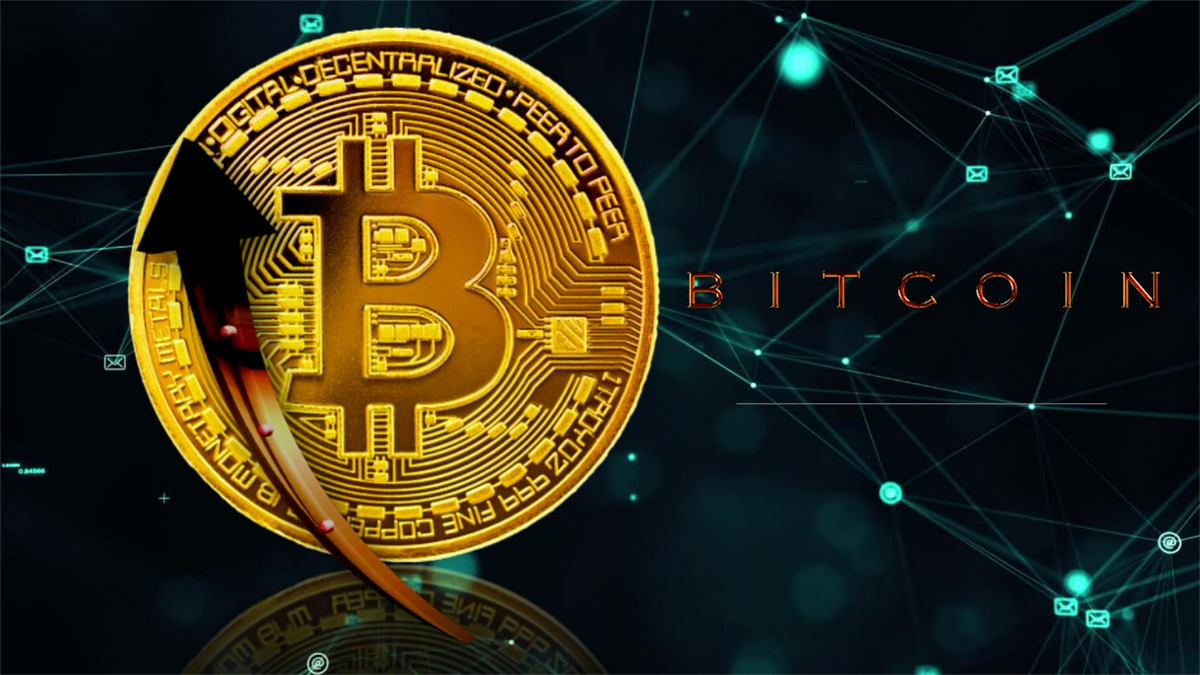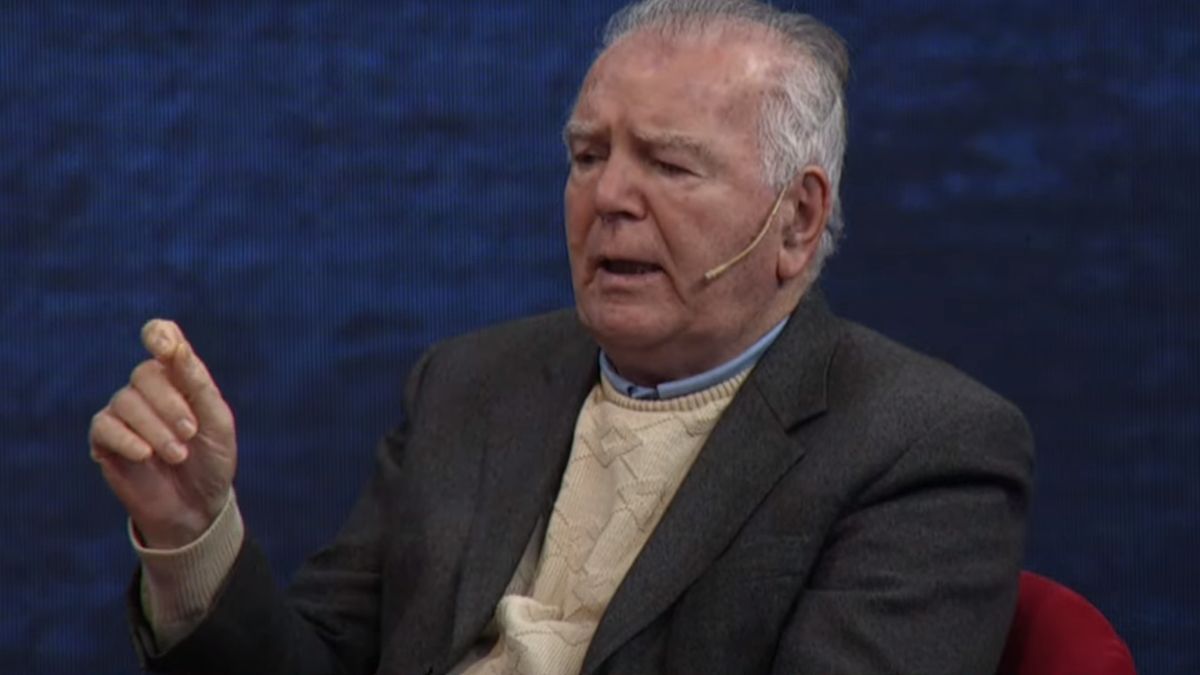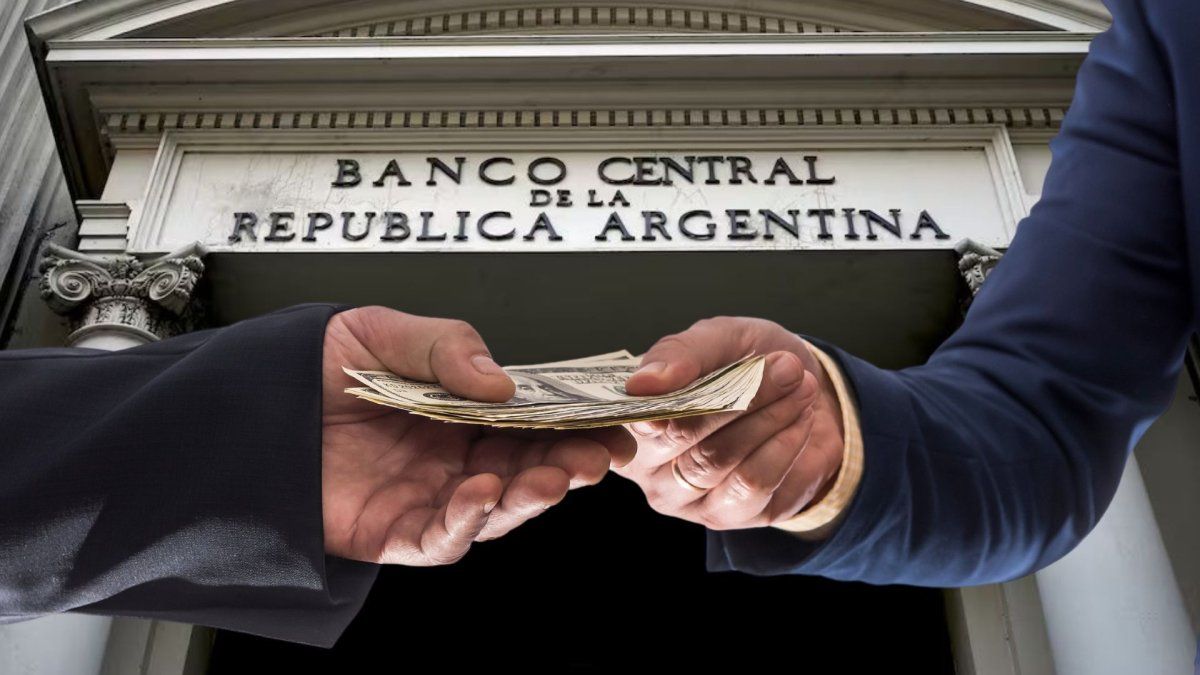Neither Satoshi Nakamoto, nor the person or group behind this pseudonym with which that document was signed, would have imagined that those first 50 BTC would be $ 2,846,560 in mid-October.
Perhaps this is one of the reasons why the Salvadoran president announced two weeks ago that dozens of computers installed in a geothermal power plant obtained the first 340 dollars in BTC, after performing mathematical calculations day and night using the energy of a volcano at 100 kilometers from San Salvador.
However, the legalization of this cryptocurrency is criticized for being a “virtual casino” in which only those who have a “shark mentality” win using the application of a private company subsidized with public funds.
Télam: Are there risks in making a cryptocurrency legal tender?
Lourdes Molina: There are several vulnerabilities in the tax area. The implementation of the law cost El Salvador 205.3 million dollars. They are public resources that are given to people for registering in Chivo Wallet (digital wallet to use BTC). This is a $ 30 welcome bonus “the government was going to give away” for signing up. Chivo Wallet is a public limited company with variable capital, it is a private entity exempt from accountability obligations, as if it were a ministry. This is being socialized with taxes that we all pay.
Another risk is that El Salvador will become a virtual tax haven. The BTC is not regulated by any entity, such as the dollar that depends on the Federal Reserve of the United States.
There is a public registry, but the codes do not allow individualization of users and it is very difficult to attribute transactions to someone. There may be anonymous transactions of illicit activities such as drug trafficking.
Volatility is another warning. It is very volatile to the regulations that China makes, to potential announcements from the United States, or even to someone like Elon Musk saying they support it or not. People’s income is put in a very vulnerable situation.
As an economist I had to read and understand how BTC works. Nor was there a period that allowed people to be financially and technologically educated.
T: It’s like plunging people into a speculative logic that they don’t want to be part of …
LM: There is talk of having the shark mentality in a country with high levels of poverty. We cannot ask people to invest the few resources that are not even enough to cover the basic food basket.
One of the problems with the BTC law is that it does not respond to the Salvadoran context. There are wide gaps in internet access. It is not clear what the problem is to be solved, it seems like a private business in which the use of public resources is again involved.
T: Are people using it for everyday transactions or paying taxes?
LM: The law allows taxpayers to pay their tax obligations in BTC, but that information is not available. The person who can have these official data could be Chivo Wallet, but as it is a private entity, its access cannot be required through the law on access to public information.
It is the one that could give more answers about how much the app is used, how much they use it after 30 days, what is being consumed, if discounts or alliances with businesses are working.
There are businesses that launched promotions such as ‘here we accept your BTC bonus’. People use the $ 30 per person they can access. There have been tweets from the president stating that a million dollars was received in remittances per day but we have no way of controlling this. He has pointed out that there are more than three million active users in the population. We do not have these data and I doubt they will make them public.
T: One of the arguments is that 70% of the Salvadoran population is unbanked and the Bitcoin Law will favor them …
LM: The Minister of Economy indicates that the objective is to seek greater financial inclusion, but there is no study that indicates this. The Chivo Wallet and the BTC allow people to make transactions to purchase goods and services digitally, that is just one of the components.
When we talk about financial inclusion, you allow people, companies or economic agents to access financial products such as credit, insurance or savings lines. As a means of investment it is fine, but in El Salvador it is given the function of money.
Within money, it fulfills the function of being a unit of account and a medium of exchange, although it must be massively accepted, but the function that it does not fulfill as a currency is to be a store of value.
Dollars, yuan and euros have modifications, but in the long term the purchasing power they have does not vary drastically. There may be variations due to some depreciation due to an external shock or a particular national context, but in the case of BTC it changes second by second. It is too volatile an asset to be a store of value.
T: There is a promotion with a discount on fuel loads paying with Chivo Wallet, perhaps that is a way to give people a hand …
LM: You are probably going to stimulate consumption. People are downloading the app and consuming the $ 30. This is entering the country’s economy, they are energizing supply and demand through direct household consumption. The question is how long this is going to last. Will they continue to use it for their transactions? Do they use it as a means of payment or is it only 30 dollars and that’s it?
The Bitcoin Law in El Salvador is a poorly done experiment, it was not done based on technical studies, but based on improvisation. The objective of guaranteeing the welfare of the Salvadoran population I continue to question even a month after the law.
In any case, the costs of the experiment are being socialized through the public budget and the taxes that allow it to be financed. The Government bet on a virtual casino.
David William is a talented author who has made a name for himself in the world of writing. He is a professional author who writes on a wide range of topics, from general interest to opinion news. David is currently working as a writer at 24 hours worlds where he brings his unique perspective and in-depth research to his articles, making them both informative and engaging.




